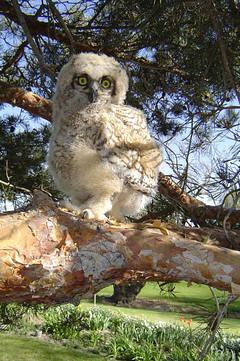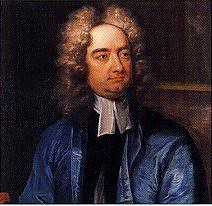Movies: Propaganda: New biography of Hitler's film-maker Leni Riefenstahl & fascist aesthetics
Stephen Bach has written a new book on Leni Riefenstahl, Leni: The Life and Work of Leni Riefenstahl (Alfred A. Knopf, 400 pages, US$30). His study is reviewed by Juliet Lapidos in Forward, "The Real Leni Riefenstahl" (Mar23,2k7).
LR, as I shall call her, was "Hitler's filmmaker" who claimed, says Lapidos, "she was an apolitical artist who knew nothing of the Holocaust." Bach, however, smashes this claim (as well as many others made by LR) with new documentation that renders the book historiogrphically well-researched. LR made the propaganda movie Triumph of the Will glorifying Hitler at the 1934 Nuremburg Rally of his military forces; I'd long ago seen the movie's unshortened original version, copies of which were rare at the time of my viewing it in the screening room of a Toronto old-films collector, Reg Hart--altho now TV has made snipped versions more accessible to those who bother. It must be said that this movie becomes quite tedious in its monumentalism, actually, and its repetition (some of which is dishonest in that it gives a sense of larger numbers than was actually the case at the event, as big as it was). Lapido:
Using new primary sources, Bach proves that Riefenstahl was not compelled to make “Triumph of the Will,” as she maintained until her death in 2003. Rather, she specifically requested permission to direct the film that institutionalized the so-called “fascist aesthetic[s].” Furthermore, although Riefenstahl was adamant about the purely documentary nature of her work, Bach argues convincingly that “Triumph” is not a straightforward depiction of the 1934 Nuremberg Rally.Riefenstahl had written so much about herself, as a postwar justification of her role in the cultural war of the Third Reich, in her 700-pages of autobiography (1987), that Bach's sleuthwork in previously unexamined original LR papers allows him to capsize self-exonerating, self-aggrandizing self-portrayals, one by one.
Bach also puts to rest the notion that Riefenstahl knew nothing of the racial policies that led to the Final Solution. After Hitler invaded Poland, Riefenstahl obtained war-correspondent status and traveled to Konskie, where she witnessed the murder of unarmed Jewish civilians. In September 1942 she visited Maxglan, a Gypsy internment camp, and requisitioned 23 prisoners to serve as unpaid extras in “Tiefland,” an epic film financed by the Reich.One work of LR's that I really liked, to be honest myself, was her large-size photobook on the Nuba people from south Sudan and bordering Kenya. Decades ago I had read some astute dialectician who argued that her photowork in that volume was racist, but I remained utterly unconvinced.
Riefenstahl, it seems clear, was not a virulent antisemite. As she mentioned whenever the opportunity arose, she had Jewish friends, colleagues and even, in her youth, a Jewish lover. Bach makes the case that Riefenstahl was not motivated by political or racist zeal. Rather, she glorified Hitler because she was an opportunist with no moral compass. It was her lifelong ambition to become a famous artist — and if cozying up to the Führer was her best chance at fame, then ethics be damned.
According to Lapidos, LR was not a virulent antsemite, perhaps not a virulent racist either (I add), but "a pathological narcissist who used her talents to lionize Hitler and thus ease the path of the Nazi regime." Thus, advancing her own standing as an artist and tailoring her self-expression in horridly opportunistic ways.

 >br>
>br>









No comments:
Post a Comment